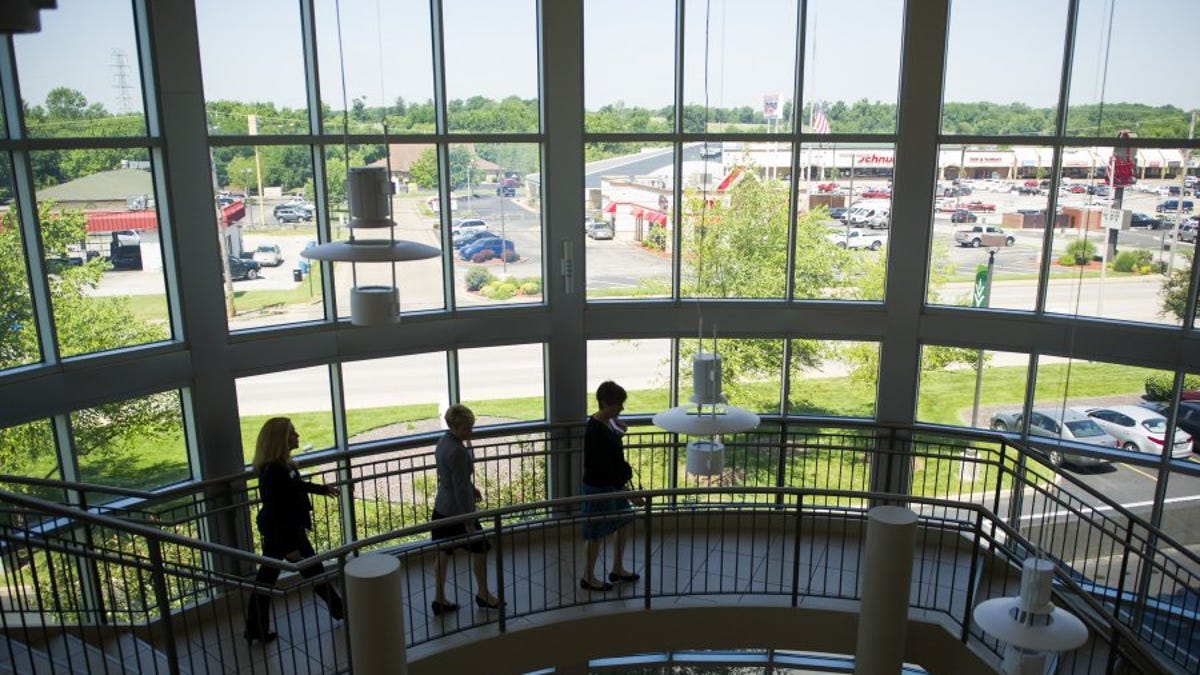Ivy Tech’s closing of DEI will cut one job in Evansville, reassign two more

EVANSVILLE — Ivy Tech Community College’s statewide shuttering of its Office of Diversity, Equity and Belonging offices will eliminate one of three positions on the Evansville campus, home to nearly 11,900 enrolled students.
The other two employees will see their job descriptions changed, according to Ivy Tech. The news comes in the wake of President Donald Trump’s executive orders to defund DEI initiatives, a general corporate rollback of DEI and proposed legislation in Indiana that would prohibit DEI for state educational institutions such as Ivy Tech.
In all, Ivy Tech said Tuesday, 21 of 33 positions in its Diversity, Equity and Belonging offices will be eliminated effective March 12, including the one in Evansville. Two of the statewide total of 33 jobs already were vacant. The remaining positions will see their job descriptions reworked.
Trump has argued that DEI programs perpetuate illegal discrimination and wasteful spending. The president’s Jan. 20 executive order stated that “the Biden Administration forced illegal and immoral discrimination programs, going by the name ‘diversity, equity, and inclusion’ (DEI), into virtually all aspects of the Federal Government, in areas ranging from airline safety to the military.”
In a letter to students this week, Ivy Tech President Sue Ellspermann issued a reminder that the college is primarily funded by the Indiana General Assembly and through federal grants and financial aid provided to students.
“As such, Ivy Tech must fully align with all federal and state laws and with the Governor, General Assembly, and federal government,” Ellspermann wrote. “While state laws and federal actions are not yet finalized, the college is acting now to protect our federal and state funding so we can ensure uninterrupted services and provide ample time for adjustment in our operations.”
Mary Jane Michalak, Ivy Tech’s senior vice president for legal and public affairs, told the Courier & Press that those employees who lost their jobs were primarily engaged with such activities as setting up events on campuses related to cultural heritage months, such as Black History Month, Asian Pacific Islander Month and Women’s History Month. They worked with other organizations on programming and sponsorships of similar events.
“So those are some of the activities that are being eliminated,” Michalak said. “What will remain the same, and the jobs that are continuing to exist, are jobs where those individuals had a job that crossed different divisions. The things that are remaining the same are the student services that we provide.
“What was happening in those Diversity, Equity & Belonging offices is, many times the students were approaching those offices as like a front door to, ‘Hey, where do I go for this?’ And then they were being directed to other areas of the campus for those services. And those services will continue.”
Related
A top recruiter says sports marketing roles are hot right…
Jobs are opening up in the sports industry as teams expand and money flows into the industry.Excel Search &
Public employees and the private job market: Where will fired…
Fired federal workers are looking at what their futures hold. One question that's come up: Can they find similar salaries and benefits in the private sector?
Mortgage and refinance rates today, March 8, 2025: Rates fall…
After two days of increases, mortgage rates are back down again today. According to Zillow, the average 30-year fixed rate has decreased by four basis points t
U.S. economy adds jobs as federal layoffs and rising unemployment…
Julia Coronado: I think it's too early to say that the U.S. is heading to a recession. Certainly, we have seen the U.S. just continue t










